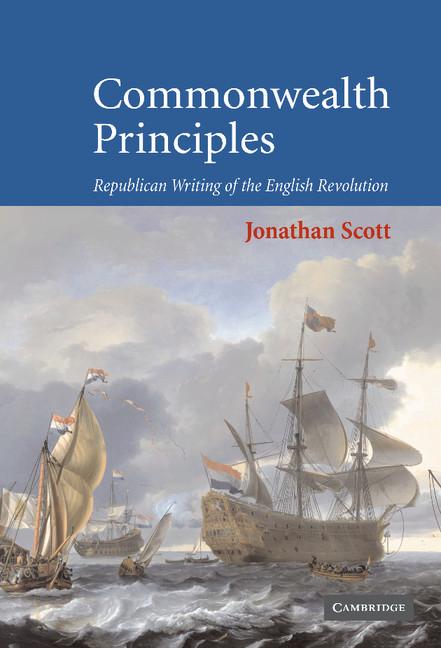The republican writing of the English revolution has attracted a major scholarly literature. Yet there has been no single treatment of the subject as a whole, nor has it been adequately related to the larger upheaval from which it emerged, or to the larger body of radical thought of which it became the most influential component. Commonwealth Principles addresses these needs, and Jonathan Scott goes beyond existing accounts organized around a single key concept (whether constitutional, linguistic or moral) or author (usually James Harrington) to analyse this body of writing in full context. Linking various social, political and intellectual agendas Professor Scott explains why, when classical republicanism came to England, it did so in the moral service of an explicitly religious revolution. The resulting ideology hinged not upon political language, or constitutional form, but Christian humanist moral philosophy applied in the practical context of an attempted radical reformation of manners.
Inhaltsverzeichnis
Preface; Introduction: English republicanism; Part I. Contexts: 1. Classical republicanism; 2. The cause of God; 3. Discourses of a commonwealth; 4. Old worlds and new; Part II. Analysis: 5. The political theory of rebellion; 6. Constitutions; 7. Liberty; 8. Virtue; 9. The politics of time; 10. Empire; Part III. Chronology: 11. Republicans and Levellers, 1603-49; 12. The English republic, 1649-53; 13. Healing and settling, 1653-8; 14. The good old cause, 1658-60; 15. Anatomies of tyranny, 1660-83; 16. Republicans and Whigs, 1680-1725; Appendix: 'a pretty story of horses' (May 1654); Bibliography; Index.











